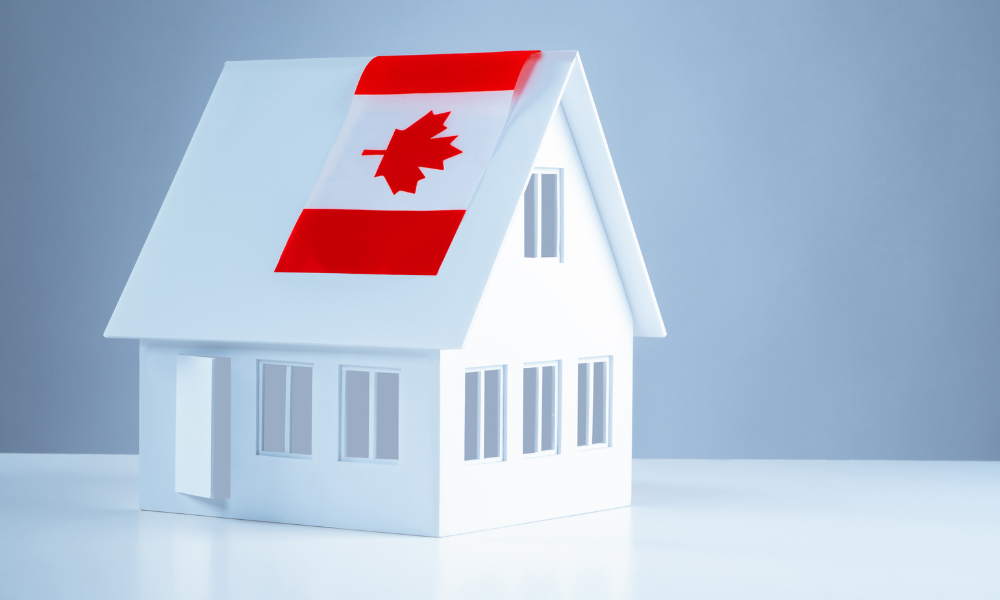New approach geared towards managing growth while easing public pressure on housing and infrastructure

Canada is scaling back its immigration targets, aiming to ease strains on housing and infrastructure, according to a recent announcement from Prime Minister Justin Trudeau.
The federal government will admit 395,000 new permanent residents next year, down 21% from the original target of 500,000, with further reductions expected through 2027. policy also introduced limits on temporary residents, including international students and foreign workers, reducing this group by nearly 450,000 by 2025.
Since 2015, Trudeau has supported rising immigration rates as a means to fill labour gaps and drive economic growth. Now, however, he conceded that the approach may have overreached.
“Our immigration system has always been responsible and flexible,” he said. “But in trying to meet labour needs and sustain population growth, we didn’t get the balance quite right.”
Public sentiment on immigration has shifted in recent years, largely due to rising housing costs and strains on healthcare and infrastructure. A recent poll by the Environics Institute revealed that nearly 60% of Canadians believe immigration levels are “too high,” marking the highest rate of concern in 25 years.
Canada’s population surged by 3.2% in 2023, largely driven by immigration, bringing the total to over 40 million and surpassing growth rates of other G7 countries.
This rapid influx has intensified housing demands. Robert Kavcic, director of economics at the Bank of Montreal, noted that reducing immigration could alleviate pressure on the housing market, “especially in the housing sector,” where population growth has spurred demand beyond supply.
Read more: Canada raises bar for hiring foreign workers
More than 100 civil society groups and labour unions voiced their disappointment, noting that the Liberal government initially won support with its pro-immigration platform.
“This government was elected on a pro-immigration platform and promised permanent resident status for migrant workers, students, and undocumented people,” they wrote in a letter. “Not delivering on them will be remembered at the ballot box.”
The Canadian Chamber of Commerce echoed this sentiment
“[Immigration] is a key driver of economic growth,” said Diana Palmerin-Velasco, a senior director at the Chamber of Commerce. “The future of Canada depends on getting immigration right. We can do better.”
Immigration minister Marc Miller defended the recalibration, saying that while high immigration numbers have contributed to affordability challenges, immigrants alone aren’t to blame.
“It is easy to blame immigrants for everything,” Miller said, stressing that issues like housing shortages are complex and often rooted in provincial and local policy.
Trudeau has already implemented measures to limit immigration, including a freeze on the number of permanent residents, a temporary cap on international student visas, and a commitment to reduce temporary residents to 5% of Canada’s population within three years.
Make sure to get all the latest news to your inbox on Canada’s mortgage and housing markets by signing up for our free daily newsletter here.



